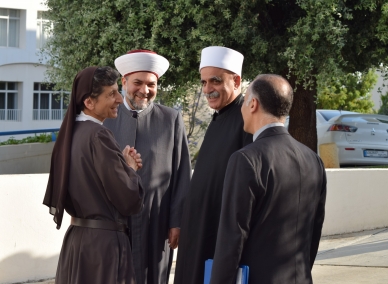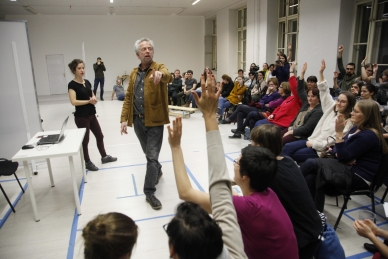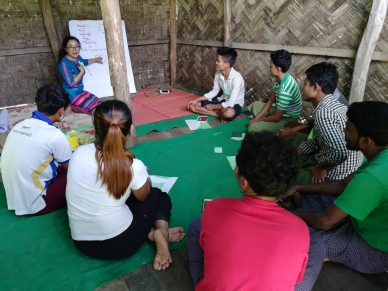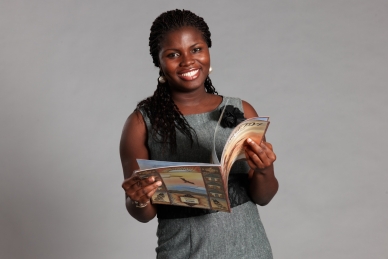Finalists selected from 538 nominees spanning 74 countries
Ottawa, Canada, 24 June 2019 - The Global Centre for Pluralism (GCP) today announced 10 finalists for the 2019 Global Pluralism Award.
Three winners will be announced in the fall and honoured at a ceremony in Ottawa on November 20 this year. The Award recognises the extraordinary achievements of organizations, individuals and governments around the world who exemplify living peacefully and productively with diversity.
“At a time of heightened hatred and escalating tensions in communities around the globe, these winners embody the best of humanity,” said the Right Honourable Joe Clark, former Prime Minister of Canada and Jury Chair. “The emphasis on pluralism is much more important now than ever. In only a few years, we have moved from a time in which there was, at least, a general acceptance of difference, to a time where there is fear about it, and very often a contesting of it.”
The 2019 finalists—from Canada, the United States, Lebanon, Hungary, Ghana, France, Bangladesh, Afghanistan, Myanmar and several countries of the former Yugoslavia—are making vital contributions to pluralism, mainly through peacebuilding, the arts, education, social cohesion and integration of refugees and migrants.
This year, the Global Centre for Pluralism received over 500 applications spanning 74 countries for the 2019 Global Pluralism Awards—more than double the submissions to the inaugural awards in 2017. All nominees undergo a rigorous review and jury selection process. The field of finalists will be narrowed down to three winners, to be announced in the fall, following in-country visits and consultations with key partners on the ground. These three winners will each be granted CAD 50,000 to advance their work in promoting pluralism.
Meet the 2019 Global Pluralism Award finalists (alphabetical):
gcp-2019-2018_-_spiritual_solidarity_event_r.jpg

gcp-canada-img_3946.jpg

gcp-2019-forum_theatre_r.jpg

gcp-2019-community-based_reconciliation_and_dialogue_buthidaung_township_august_2018.jpg

gcp-2019-deborah_ahenkorah_headshot.jpg

gcp-2019-group1_-_cropped.jpg

gcp-2019-obcphoto2.jpg

gcp-canada-rupantar-01.jpg

gcp-canada-singastetienne_r.jpg

gcp-canada-expo.png

For further information, please contact:
Mary O’Neill
Mary.oneill@pluralism.ca
T: +1 613 240-1925
NOTE
The Global Centre for Pluralism is an international research and education centre in Ottawa, Canada. Founded by His Highness the Aga Khan, in partnership with the Government of Canada, the Global Centre for Pluralism was inspired by Canada’s experience as a diverse and inclusive country. Learn more about the Centre at pluralism.ca.




